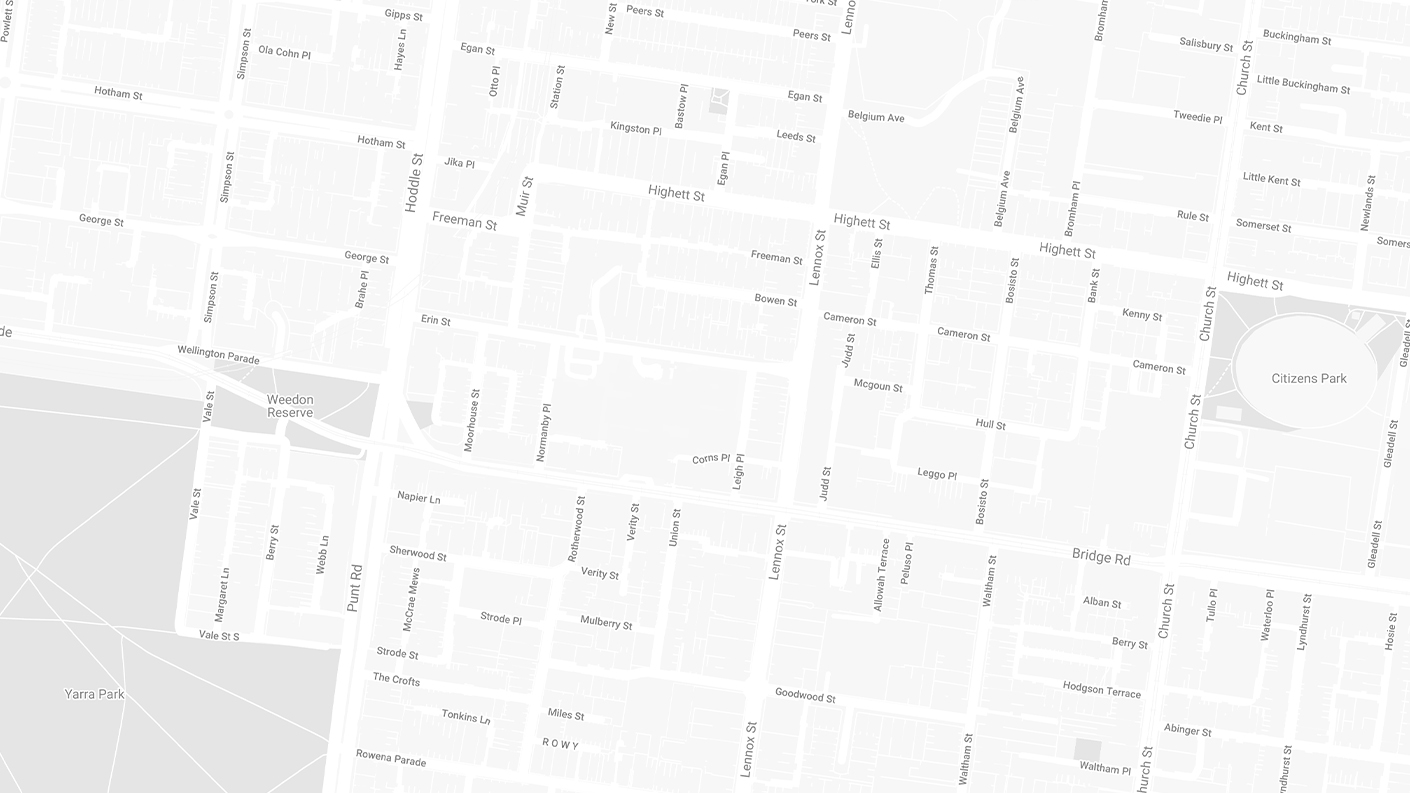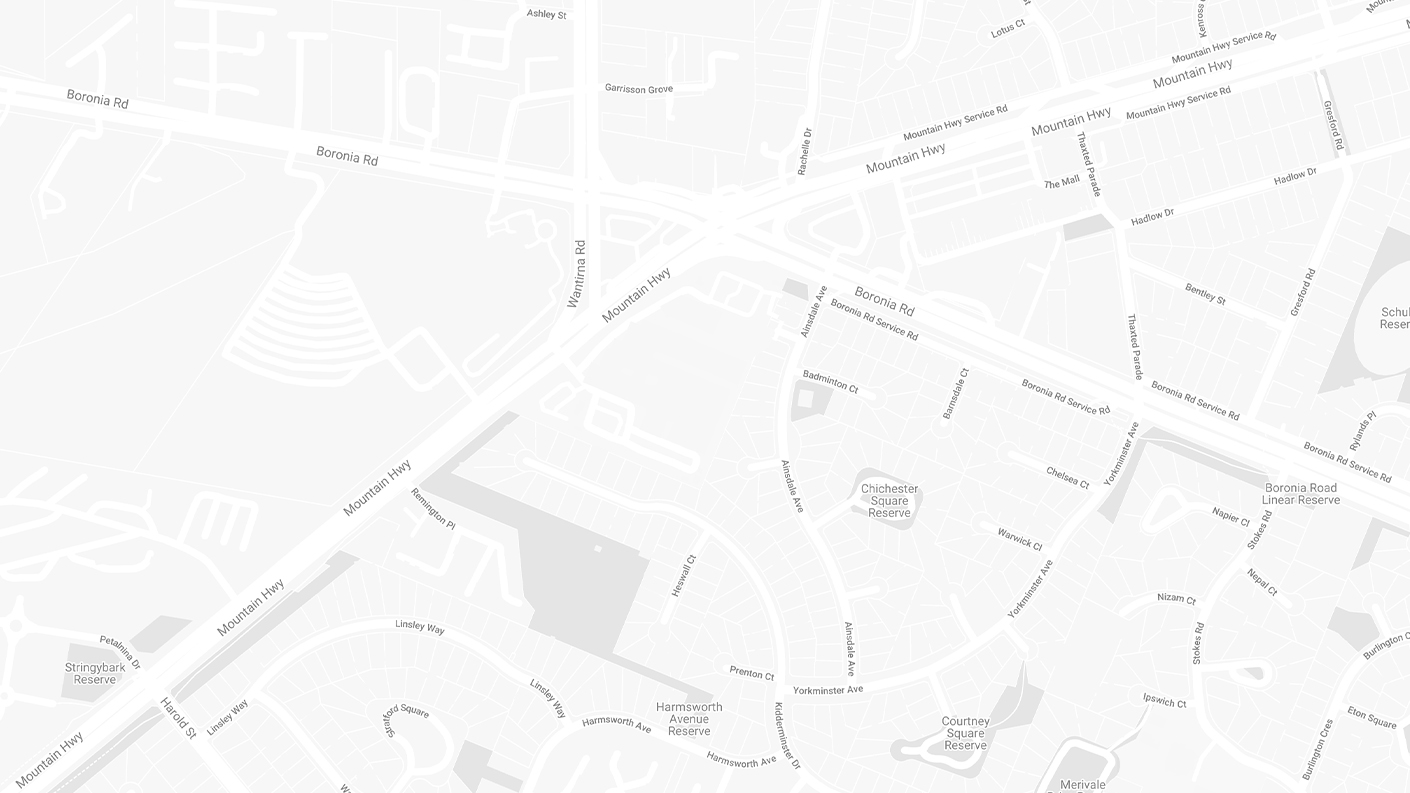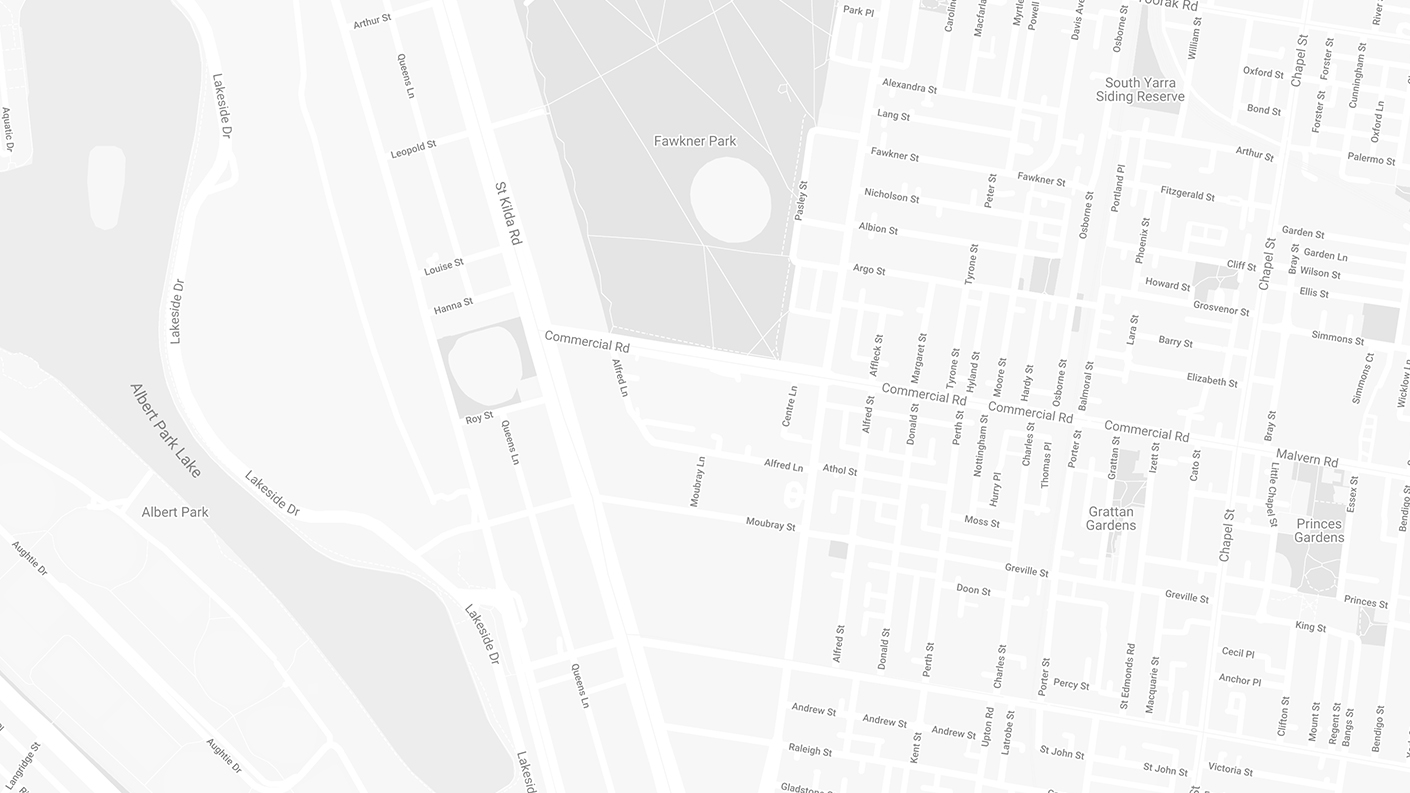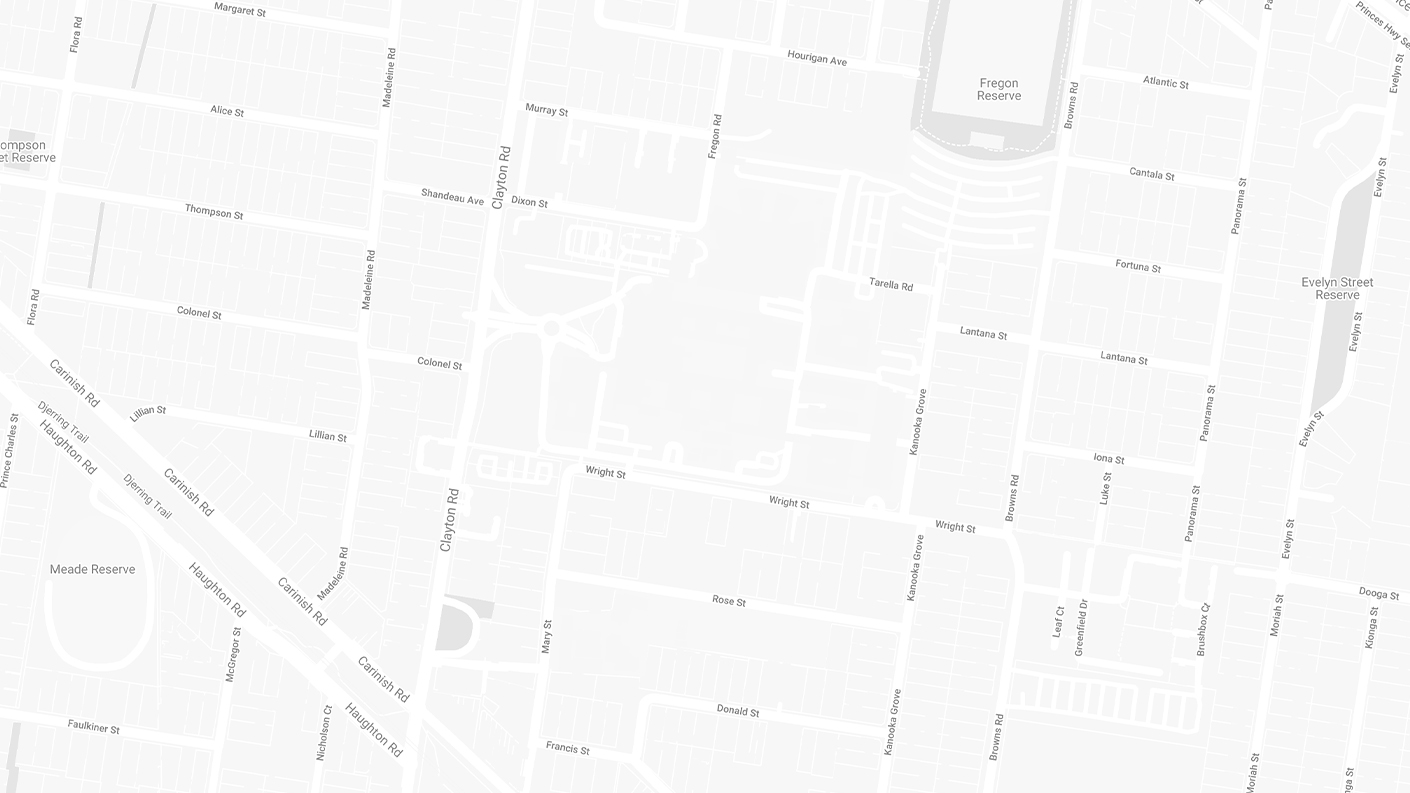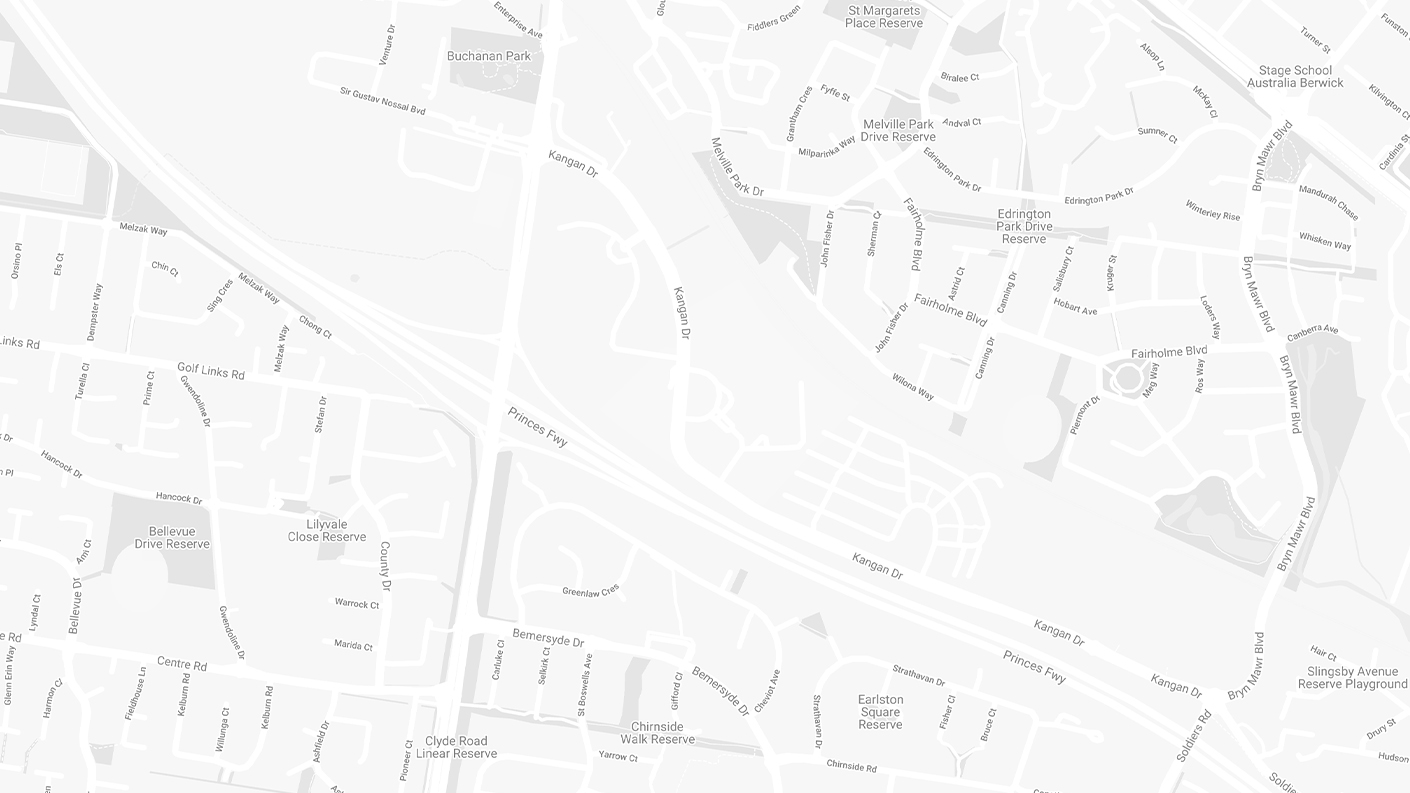
Appendicitis occurs when the appendix is blocked or infected by bacterial invasions, bowel adhesion or viral infection.
Appendicitis is a condition that causes inflammation of the appendix. It can lead to severe abdominal pain, as well as a number of other uncomfortable symptoms. If left untreated, appendicitis can cause the appendix to burst — this can then lead to the spread of bacteria into the abdominal cavity, which can have some serious and even life-threatening implications. Read on to find out more about appendicitis, what causes the condition, and how it can be treated…
What causes the issue?
Appendicitis usually occurs when there is a blockage or obstruction in part of the appendix. There are a number of factors that can contribute to a blockage — these include a build-up of stool; an injury; a tumour; enlarged lymphoid follicles; and intestinal worms.
When the appendix is blocked for some reason, it is possible for bacteria to multiply in the area. This can cause swelling and pressure in the abdomen. Appendicitis is typically treated as a medical emergency because it can lead to rupture of the appendix. If you experience any of the symptoms of the condition, such as pain around the belly button that spreads and worsens over time, it is important that you see your doctor as soon as possible.
What are the symptoms?
Some of the most common symptoms of appendicitis include pain in the upper abdomen; pain in the lower right abdomen; loss of appetite; indigestion; nausea and vomiting. You may also suffer from constipation and swelling in the abdomen, as well as fever.
In some cases, the condition begins with mild abdominal pain that steadily worsens over time. It may start in one area of the abdomen, such as around the belly button, and then spread to other areas.
How can it be treated?
In most cases, appendicitis is treated with surgery. During surgery, the appendix is removed in a procedure known as appendicectomy. In most cases, laparoscopic surgery will be performed to remove the appendix. During this process, your surgeon will use minimally invasive techniques to remove the appendix through tiny incisions in the abdomen. If laparoscopic surgery is not possible, however, your surgeon will perform an open appendicectomy. This procedure involves an incision on the lower right side of the abdomen. If your appendix has burst, your surgeon will carefully clean out your abdominal cavity.
How long does recovery take?
The length of the recovery process following appendix surgery will depend on a number of factors, including the type of surgery that was performed, as well as whether or not your appendix burst. If you have laparoscopic surgery, you may be able to return home from hospital a few hours after surgery. If you have open surgery, you may need to spend longer at the hospital to recover.
Before you go home, your surgeon will let you know how to take care of your incision sites, and prescribe any appropriate medicines. They will advise you on any dietary changes that are necessary, as well as how long you should avoid exercise while you heal.
How can we help?
Associate Professor James Lee is an experienced surgeon that offers appendix surgery to provide patients with relief from appendicitis.
Associate Professor James Lee offers both open and laparoscopic appendicectomy. When you come in for treatment, he will provide all the information you need about the procedure and guide you through the process.
If you would like to find out more about appendix surgery and what it involves, please have a look here.
Associate Professor James Lee also offers a range of other general surgical procedures, including hernia, gallbladder and bowel surgery, as well as minor procedures for issues such as carpal tunnel, sebaceous cysts and lipomas. To find out more about his scope of expertise, please have a look here.
To book an appointment or to find out more about Associate Professor James Lee’s services, please get in touch here or give us a call on (03) 9246 6466.
CONTACT US
Get in touch

Ask a question or Book an appointment.
Please fill in the online enquiry form to ask a question or book an appointment.
Or call today on (03) 9246 6466
Get in touch
For any enquiries, concerns, or to book a consultation, get in touch with our friendly team. We look forward to hearing from you.
